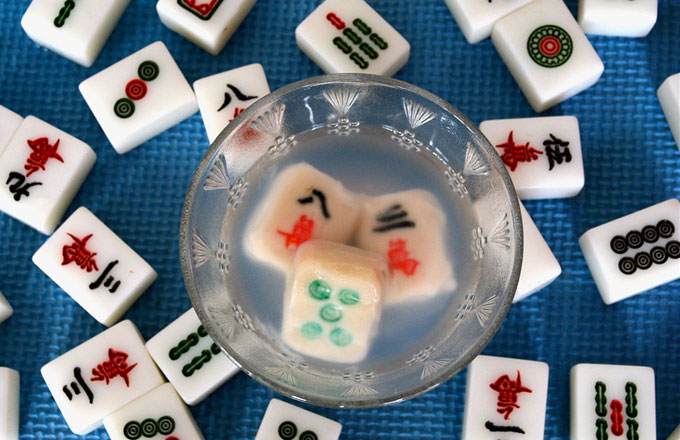Poultry market tests spark flu advisory
Consumers in Guangzhou, Guangdong province, are being urged to avoid contact with live poultry after tests found that more than 30 percent of live poultry markets in the city were contaminated with the H7N9 avian flu virus, according to Guangzhou's disease control authority.
Health experts have called for stricter measures to contain the virus to prevent possible outbreaks.
Zhang Zhoubin, deputy director of the Guangzhou Center for Disease Control and Prevention, said surveillance reports in the past week show that the H7N9 virus exists in about 30 percent of the city's farmers markets that sell live poultry.
The Guangzhou government had decided to suspend live poultry trade in all markets from Jan 16 to 18, Feb 16 to 18 and March 16 to 18 as a preventive measure to curb bird flu virus.
An assessment report shows that the three-day trade halt in January helped reduce all types of bird flu virus at these markets by at least 60 percent.
"But when the live poultry trade resumes, bird flu virus begins to be active again. In general, the virus concentration will return to its previous level about one week after the trade resumes," Zhang was quoted as saying by Nanfang Daily on Friday.
China faces a grim situation in fighting bird flu this winter, particularly H7N9 avian flu, with more than 130 cases of human infections reported in January, including 24 deaths.
The latest death was reported on Thursday in Yunnan province. The patient, an infant girl, died of the infection on Tuesday, according to the Health and Family Planning Commission of Yunnan province.
The girl went to Jiangxi province with her parents on Jan 21 for the Spring Festival holiday and had contact with live poultry there. She developed symptoms on Jan 29 and was hospitalized three days later. She returned to Yunnan on Feb 5 and died at a local hospital.
No case of human-to-human transmission has been confirmed in the country, and the virus has not mutated, according to the Chinese Center for Disease Control and Prevention.
Ni Daxin, deputy director of the center's emergency response department, said the H7N9-contaminated environment at live poultry markets brings greater risk for human infections of the virus, and he called for stricter control of the live poultry trade.
"So far, most of the human cases involve contact with wild birds or live poultry," he said. "Virus surveillance at chicken farms and live poultry markets suggests that birds infected with H7N9 show no symptoms, but they can pass the virus to humans via contact."
According to a recent survey, 53 percent of Guangzhou residents believed that banning live poultry in local markets would help prevent bird flu from spreading.
Shan Juan contributed to this story.
























